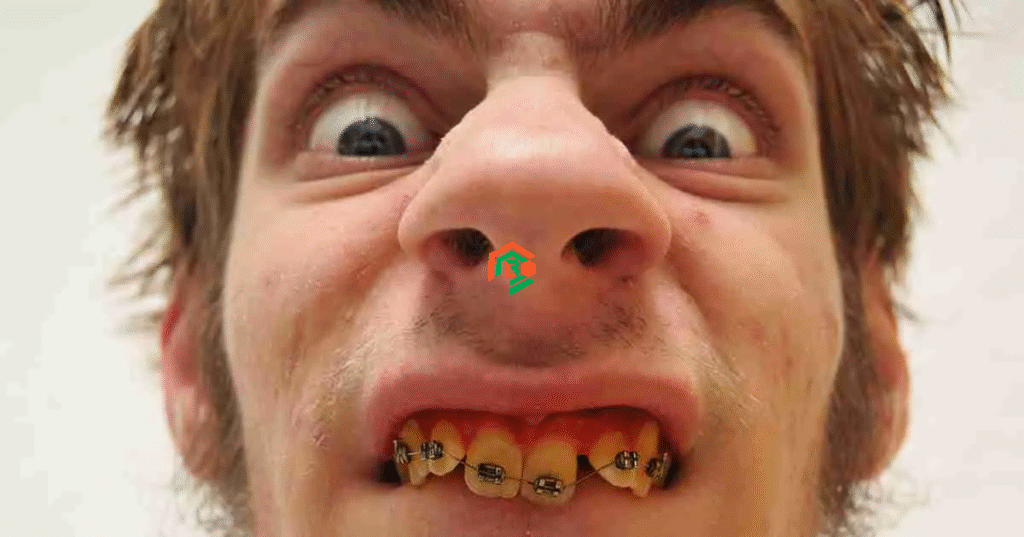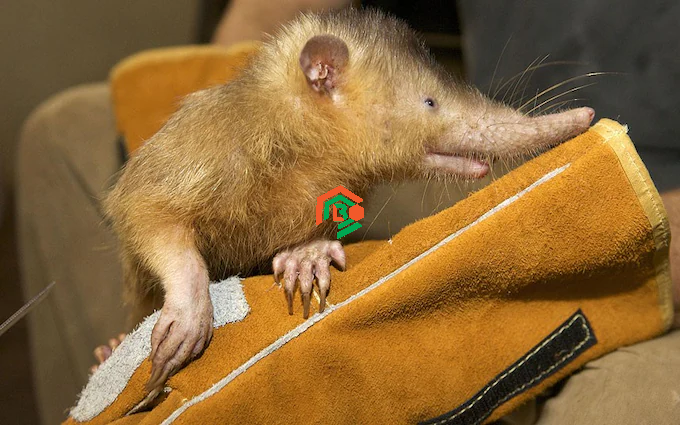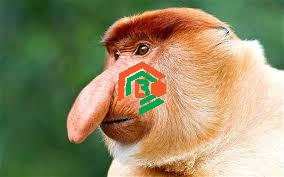Sometimes, people on the internet or in real life use harsh words like “ugly Dominican” without thinking about how it affects others. These words can hurt feelings, spread stereotypes, and create misunderstandings about Dominican people and culture. In this article, we’ll look deeper into what this phrase means, why people say it, and why the truth about Dominicans is so much more beautiful than the negative words some people use.
What Does “Ugly Dominican” Even Mean?
The phrase “ugly Dominican” is not about facts, but about opinions and stereotypes. Some people may use it online as an insult, often without knowing much about Dominicans or the Dominican Republic. The Dominican Republic is a Caribbean country known for its beaches, music, culture, and friendly people. Yet, just like anywhere else, some individuals face unkind words about how they look.
When someone says “ugly Dominican,” they are not describing all Dominicans. Instead, they are repeating hurtful ideas or trying to make fun of someone based on appearance. But beauty is not the same for everyone—it changes from culture to culture, and person to person. What one person calls “ugly,” another might see as unique, attractive, or even beautiful. That is why the phrase should not be taken as truth—it is more about judgment than reality.
Why Do People Use Hurtful Words Like That?
Words like “ugly Dominican” come from negative thinking, ignorance, and sometimes even bullying. People often use labels when they do not understand others or when they want to feel powerful by putting someone else down. On social media, it is common for strangers to throw around words without considering the real-life impact.
Another reason people say hurtful things is because of stereotypes. A stereotype is when people make a general statement about a whole group, even if it is not true for everyone. For example, saying all Dominicans look the same, or that they are “ugly,” is unfair and untrue. It takes away the individuality of millions of people who each have their own story, style, and personality.
The truth is: insults often reveal more about the person saying them than the one receiving them. People who spread negativity are usually struggling with their own insecurities.
Dominican Beauty is More Than Skin Deep
When we look beyond the hurtful phrase “ugly Dominican,” we discover something much deeper. Beauty is not just about how someone looks on the outside—it is also about their character, kindness, culture, and confidence.

Dominicans are known for their warmth, hospitality, and joy for life. Visitors often describe Dominicans as friendly and welcoming. Their culture celebrates dance, music, food, and family. All of these are forms of beauty that cannot be measured by appearance alone.
Even when talking about physical looks, Dominicans represent a rich mix of heritage—including African, European, and Indigenous roots. This diversity gives the Dominican Republic a wide range of skin tones, hair types, and facial features. Instead of being “ugly,” this variety is what makes Dominicans beautiful and unique in the world.
What Makes Dominican Culture Special?
Dominican culture shines brightly. It is full of traditions, creativity, and a strong sense of community. The Dominican Republic is home to merengue and bachata, two musical styles that have spread globally. The food is flavorful and comforting, with dishes like mangú, sancocho, and mofongo. Sports also bring pride—baseball players from the Dominican Republic have made history in the United States and beyond.
When people say negative things like “ugly Dominican,” they often forget that beauty also lives in culture, traditions, and spirit.
Everyone Looks Different
One of the strongest messages against the phrase “ugly Dominican” is this: there is no single way to look Dominican. Some Dominicans have lighter skin, some darker, some with curly hair, others with straight or wavy. Some may be tall, others short, some slim, others fuller-bodied. This wide variety is part of what makes the Dominican Republic special.
Everyone looks different because of history, migration, and blending of cultures. Instead of using words like “ugly,” we should celebrate how this diversity creates a rainbow of beauty.
Don’t Judge a Book by Its Cover
When someone says “ugly Dominican,” they are making a judgment without knowing the person inside. Just like you cannot know the whole story of a book by looking at its cover, you cannot know the value of a person by only looking at their face or body.
Kindness, humor, intelligence, and creativity are things that cannot be seen in a photograph. These qualities are what make someone truly beautiful.
Stereotypes Hurt Real People
Stereotypes like “ugly Dominican” are not just words. They affect real lives. When a person constantly hears negative things about their community, they might begin to doubt their own worth. Children, especially, can grow up feeling ashamed of who they are.
But stereotypes are lies. They take one small idea and apply it to millions of people, ignoring individuality. By challenging stereotypes, we give people the space to be seen for who they truly are. Dominicans are not one thing—they are many things: hardworking, talented, proud, resilient, and yes, beautiful.
Social Media and the “Ugly Dominican” Trend
Social media often makes problems worse. On platforms like TikTok, Instagram, or Twitter, trends spread quickly, even harmful ones. Some people may use hashtags like “ugly Dominican” as a joke, but the impact is not funny. Those words stay online and can be seen by thousands, making people feel judged or excluded.
However, social media can also be a space to fight back. Many Dominicans and allies share positive messages, highlight Dominican achievements, and promote self-love. For every negative hashtag, there are also campaigns celebrating Dominican culture, beauty, and pride.
How to Be Kind and Respectful
The best way to fight against hurtful words like “ugly Dominican” is by choosing kindness. Respect means recognizing that everyone deserves dignity, no matter what they look like or where they are from.

Being kind and respectful is not complicated. It starts with the words we use and the way we treat others.
Words Can Hurt or Help
When you call someone “ugly” or use stereotypes, those words can stay in their mind for a long time. On the other hand, when you compliment someone or speak kindly, you make them feel valued. Words are powerful tools—we should use them to build people up, not tear them down.
Learn About Others
One of the best ways to stop stereotypes like “ugly Dominican” is to learn about Dominican history and culture. The more you know, the more you see how much richness there is in their traditions, art, and daily life. Education opens doors to understanding and respect.
What Makes Dominicans Proud
Dominicans take pride in their resilience, their love of family, and their ability to celebrate life even during hard times. Their achievements in sports, music, and art show the world how talented and creative they are. Pride also comes from their identity—the mix of cultures that makes them unique.
When you understand what makes Dominicans proud, you realize why calling them “ugly” is not only wrong but also deeply unfair.
Let’s Celebrate Differences
Instead of using words like “ugly Dominican,” we should celebrate the differences that make each person and culture special. Diversity is what makes the world interesting. Imagine if everyone looked the same, ate the same food, and listened to the same music—it would be boring.
By celebrating differences, we create a world where everyone feels accepted.
The Bottom Line
The phrase “ugly Dominican” is not a truth—it is a stereotype and a hurtful label. Dominicans, like all people, are diverse and full of beauty that goes beyond physical looks. Their culture, history, and individuality prove that they are much more than negative words.
The bottom line is simple: no one should be judged by their appearance or by stereotypes. Instead of using harmful phrases, let’s choose kindness, respect, and celebration of all cultures. That is how we make the world a better place—for Dominicans, and for everyone.


